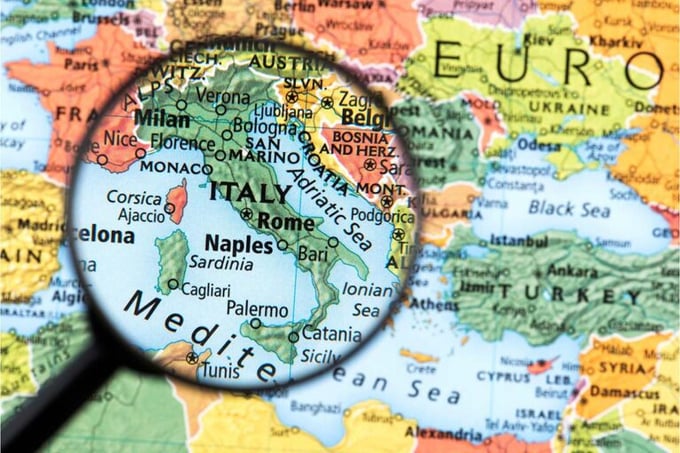May 21, 2025 | 07:46 GMT +7
May 21, 2025 | 07:46 GMT +7
Hotline: 0913.378.918
May 21, 2025 | 07:46 GMT +7
Hotline: 0913.378.918

In the first months of 2022, Italy confronted 23 epidemics of highly pathogenic avian influenza (H5). Photo: Canva.
In the first months of 2022, Italy confronted 23 epidemics of highly pathogenic avian influenza (H5), the European Commission explained. The species affected were chickens, laying hens, turkeys, ducks and Guinea fowl.
Italy took rapid action by implementing strict sanitary measures regarding animal health, including prevention zones around affected premises. This led to a loss of production of hatching eggs, table eggs and live animals in the farms located in those areas under movement restrictions, as well as losses due to destroyed and downgraded eggs and meat.
Reacting to an official request from the Italian government, the European Commission will provide €46,670,790 from the so-called Agricultural Reserve after a positive vote by member states. The amount should cover 50% of the expenses the Italian authorities made to support the most affected farmers.
Following EU rules on co-financing, the Italian government has to provide the other 50%. Payments to farmers are to be made before 30 September this year. The support can only go to farmers in regulated zones in the regions hit by the bird flu epidemics who have their expenses and losses not covered by insurance, the EU stipulates.
(PW)

(VAN) Attempts to bring down the price of the Japanese staple have had little effect amid a cost-of-living crisis.

(VAN) Fourth most important food crop in peril as Latin America and Caribbean suffer from slow-onset climate disaster.

(VAN) Shifting market dynamics and the noise around new legislation has propelled Trouw Nutrition’s research around early life nutrition in poultry. Today, it continues to be a key area of research.

(VAN) India is concerned about its food security and the livelihoods of its farmers if more US food imports are allowed.

(VAN) FAO's Director-General emphasises the need to work together to transform agrifood systems.

(VAN) Europe is facing its worst outbreak of foot-and-mouth since the start of the century.

(VAN) The central authorities, in early April, released a 10-year plan for rural vitalization.